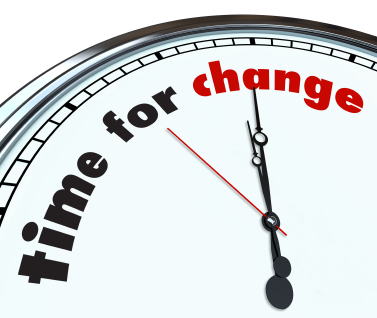“Teach a parrot the terms ‘supply and demand’ and you’ve got an economist.”
~ Thomas Carlyle

“Your prices these days are atrocious, Sal. Joe’s Deli across the street is selling your $10 chuck roast for only $5!”
“I know, Mrs. Haggle. I saw the sign. The thing is . . . Joe doesn’t have any chuck roast.”
The law of supply and demand still rules
So, the law of supply and demand rears its head again, some days a beautiful vision, other days an ugly hag. We’re surrounded by her mystique everywhere we go. Traffic is tied up because there are more cars than highway space. Starbuck’s is backed up because people want coffee faster than it can be made. There are no paper clips in the supply room but there’s plenty of fruitcake left in the kitchen.
Even for tickets to a free concert?
Supply and demand drove markets long before economists appeared … and its jarring prevalence is unavoidable. One of my favorite examples is the controversy several years ago when scalpers were selling Bon Jovi tickets for as much as $750 each … for a free concert in New York’s Central Park.
Don’t use economic pain as your excuse
While a lot of palaver continues about the persisting economic downturn, our mission is to turn from cost-cutting to demand-stimulating. Yes, it’s alluring to just damn the darkness of the lingering economic turmoil, but it’s time to turn on the lights.
I can’t count how often I hear businessmen say that “the economy is weak” or “the recession just won’t seem to go away” or “our industry is in the doldrums” to explain flatline revenue when it’s really just an excuse for underperformance. Maybe if you’re a large industrial company like GM, the economy is a measurable force … but haven’t we learned that many of their problems were of their own making anyway?
Are the macro-economic forces really our greatest enemy?
[pullquote]Stop drinking the recession Kool-Aid![/pullquote]
These macro-economic forces are only bit players in the travails of small and middle market businesses. Harmonizing with the recession chorus will sap your energy and infect your organization. If your employees hear you blaming the economy as an explanation for lackluster sales, they will soon adopt that perspective and come to believe that they can’t do anything to avoid its impact. It will dull their enthusiasm and create a victim’s mentality that is both demoralizing and enervating.
For us, it’s time to dropkick the “recession” term to the dumpster as an excuse for underperformance.
Discounting? Bad. Value Creation? Good!
In Keep Your Prices Strong, I described the slow descent into oblivion when price-cutting is the mantra. You can’t get off that path fast enough because it leads to a treacherous slope that’s much harder to climb than to slide down.
Start by treating your customers as guests. Focus on value creation and what steps you can take to make your customers forget all about your competitors. Empower your employees to find ways to make your customers love you. Still in doubt? Read about the Meineke Syndrome for more examples about the death spiral of price discounting.
What can you do to stimulate demand?
So, let’s cowboy up! Talk to your customers and focus on stimulating demand. Think …
- “How can I encourage hesitant customers not to postpone their purchases?”
- “Is there a way I can show my most important customers why our relationship is a partnership and why we need to lay out a purchase plan together to maximize the return for both parties?”
- “Can I offer an incentive by reducing costs without forfeiting my margins?”
- “How can I enhance our value proposition to keep our customers buying?” Check out paycheck marketing to see if it makes sense for your business. Try ideas others have used to persuade the frugal to shop.
Turn the talk about recession in your favor
Use all of the talk about “recession” as a positive force. While others remain on their heels, think about what you can be doing to fill the void created by defeatist competitors. Remind your customers that …
- … business is about the long term,
- … most recessions are short term, and
- … since prices tend to rise following a recession, maybe there’s a way to create a plan that works for both parties.
Be aggressive … be innovative … be consistent as you continue to fight hard and press for the advantage everywhere you can.
Flush the recession Kool-Aid!
So, stop drinking the recession Kool-Aid. Make sure you’re doing what you can to stimulate your own demand … create value … delight your customers with overwhelming customer service. Don’t allow the economy to take you out of your game.
What programs have you implemented recently to create value for your customers? Share some specific … concrete … creative ideas that puts you in the driver’s seat and puts the wind in the face of your competitors.


This Post Has One Comment
Hi, First time poster and excited to be a part of the threaded